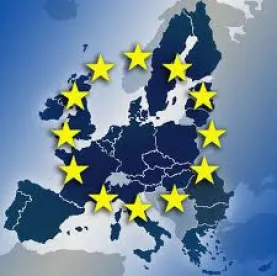The Joint Research Centre (JRC) of the European Commission (EC) has published a 332-page baseline study on food-contact materials that are not specifically regulated at the European Union (EU) level, titled, “Non-harmonised food contact materials in the EU: regulatory and market situation.”
The Framework Regulation, (EC) 1935/2004, establishes general requirements, including a general safety requirement, for all food-contact materials and articles placed on the market in the EU, and provides for the adoption of specific harmonized measures for individual categories of food-contact materials. Currently, only 4 of 17 categories are harmonized at the EU level. JRC analyzed the existing regulatory frameworks at the national level for the remaining 13 categories and found 4 key shortcomings to the current system, namely:
-
A lack of common guidelines and transparency with respect to risk assessment work across Member States
-
National requirements can be difficult to access and are not always consistently structured or sufficiently detailed
-
Differences among Member States’ lists of authorized substances, notably with respect to substances listed and types of restrictions imposed. Notably, this can lead to multiple testing requirements and complicates the application of the mutual recognition principle
-
Lack of enforcement and compliance of testing methods
Information in the report will allow the EC to assess the efficiency and effectiveness of the current situation and will support its evaluation on what, if any, possible steps need to be taken in the future concerning the regulation of food-contact materials in the EU. A copy of the report can be accessed at EC’s website.




 />i
/>i

